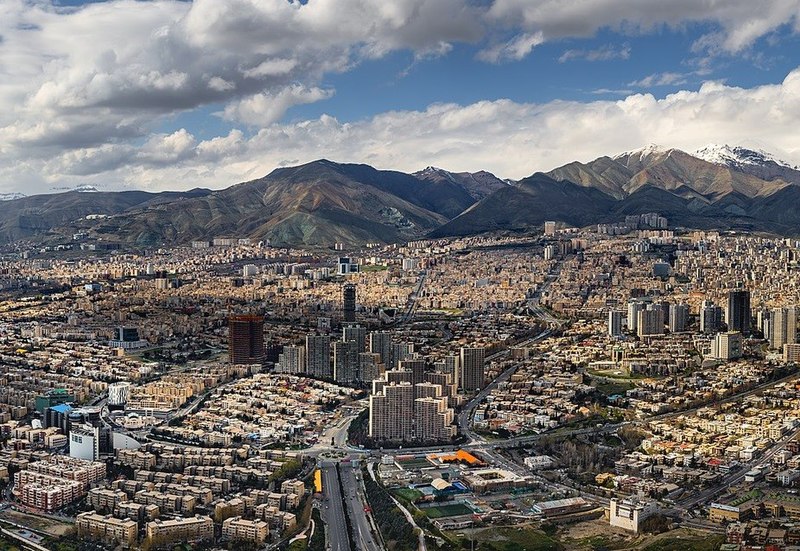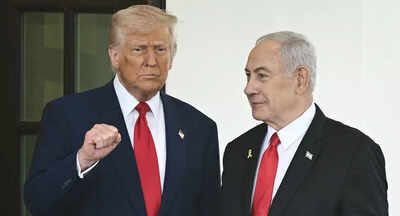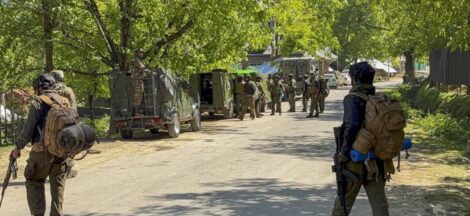Iran’s President Masoud Pezeshkian declared that Tehran will abide by the ceasefire declared by US President Donald Trump, pledging not to breach it unless Israel does so first. Pezeshkian made the statement during a phone call with Malaysian Prime Minister Anwar Ibrahim, emphasising Iran’s commitment to peace conditional on Israel’s restraint.
The ceasefire, brokered amidst a 12‑day military confrontation involving US airstrikes and mutual missile exchanges, effectively began on 24 June. Core to the agreement is the understanding that both sides will halt hostilities under parallel conditions. Israeli Defence Minister Israel Katz mirrored this stance, affirming that Israel would refrain from further attacks unless Iran resumed its offensive.
Despite these high‑level assurances, explosions rattled parts of Tehran on Tuesday morning, fading by around 4 am local time. Eyewitnesses reported intermittent blasts ceasing soon after 4 am, and Iranian authorities linked the pause in explosions to Israel halting its strikes.
Military analysts note the ceasefire’s fragility, with both nations trading accusations of initial violations. Iran’s air defence spokesperson dismissed claims of missile launches after the truce took effect, while Israeli officials maintain that Iran fired a missile salvo hours into the ceasefire.
President Pezeshkian characterised the pause in hostilities as a significant turning point, referring to Iran’s military actions as a “great victory” and signalling readiness to move beyond confrontation. He further highlighted Tehran’s openness to negotiations with Washington under established international frameworks.
US intelligence assessments challenge US President Trump’s assertion that Iran’s nuclear programme was fully “obliterated.” Preliminary findings suggest only a partial setback—centres still intact and key infrastructure surviving the bombing campaign. The White House has forcefully rejected these assessments, labelling them “flat‑out wrong,” and reaffirmed that US strikes significantly degraded Iran’s capabilities.
Casualty figures remain deeply imbalanced: Iranian state sources estimate around 610 fatalities and nearly 4,750 injured from Israeli strikes, while Israel reported 28 deaths from Iranian missiles, notably targeting military zones. International markets reflected cautious optimism—oil prices dipped amid signs of de-escalation, and global equities responded positively.
Diplomatic momentum is building. Steve Witkoff, a senior US envoy, described negotiations between the US and Iran as “promising,” marking a potential shift towards a more durable resolution. Meanwhile, European actors, alongside the UN and NATO leaders, are encouraging both Tehran and Tel Aviv to sustain the truce and re‑engage in diplomacy.
Iran has taken domestic security measures, arresting over 700 individuals accused of having ties to Israel and executing three deemed collaborators. Officials assert the move was critical in uncovering espionage networks during the conflict. Israel, for its part, reports destroying radar installations and targeted military infrastructure within Iran as part of its retaliatory strikes.
As the region holds its breath, the conditional nature of this ceasefire presents a narrow window for stabilisation. With both Iran’s president and Israel’s defence minister signalling compliance, and Tehran’s explosions subsiding, the truce may endure—provided careful oversight continues and neither side reinitiates hostilities.




 Defiant MLA Kunwar Vijay Pratap Singh Ousted by AAP
Defiant MLA Kunwar Vijay Pratap Singh Ousted by AAP 